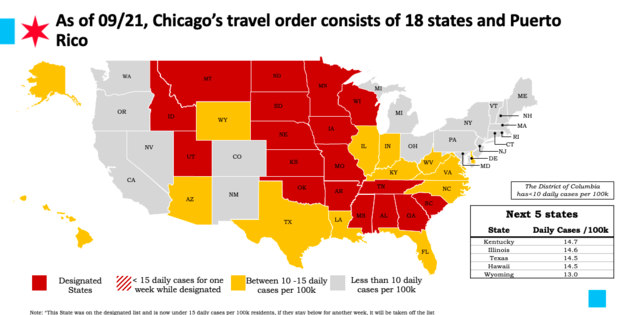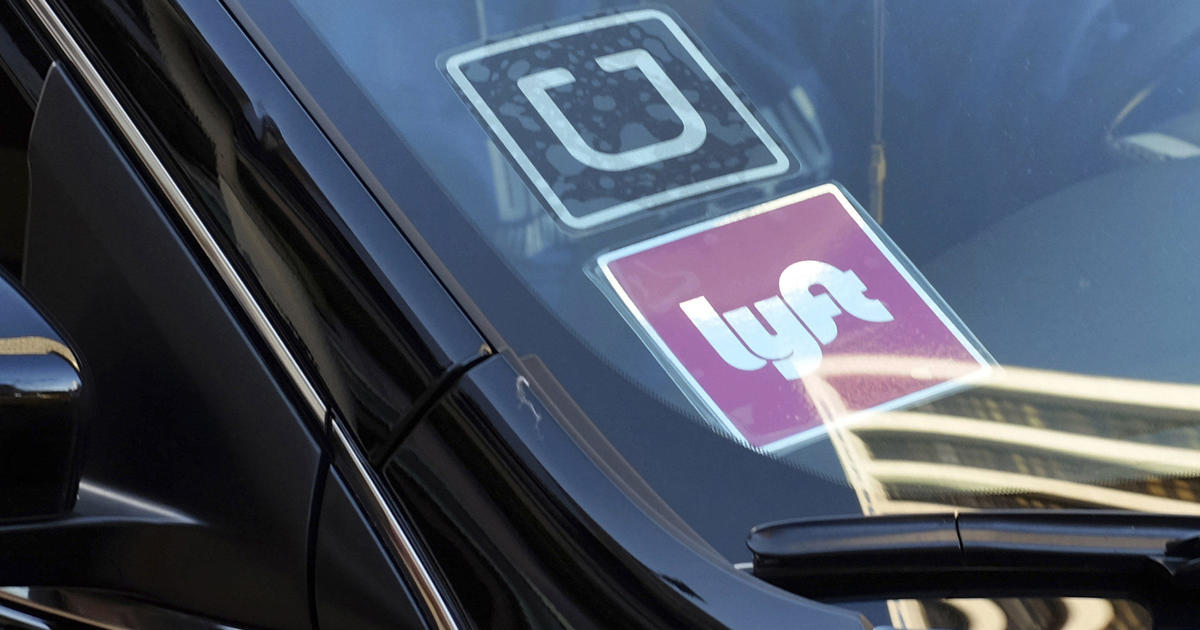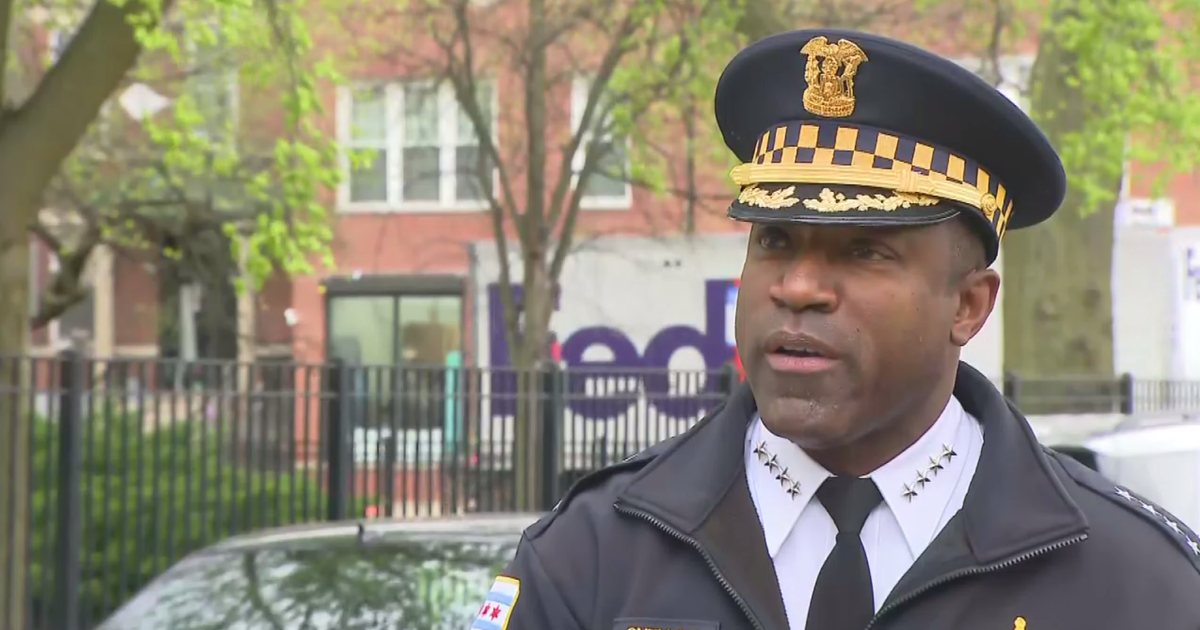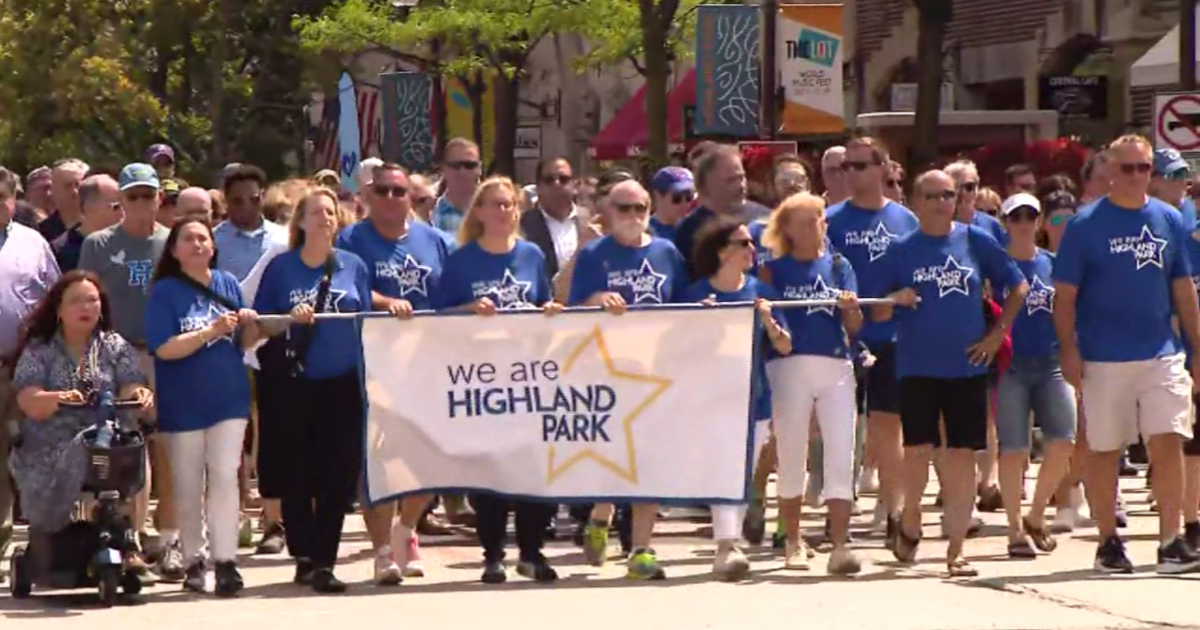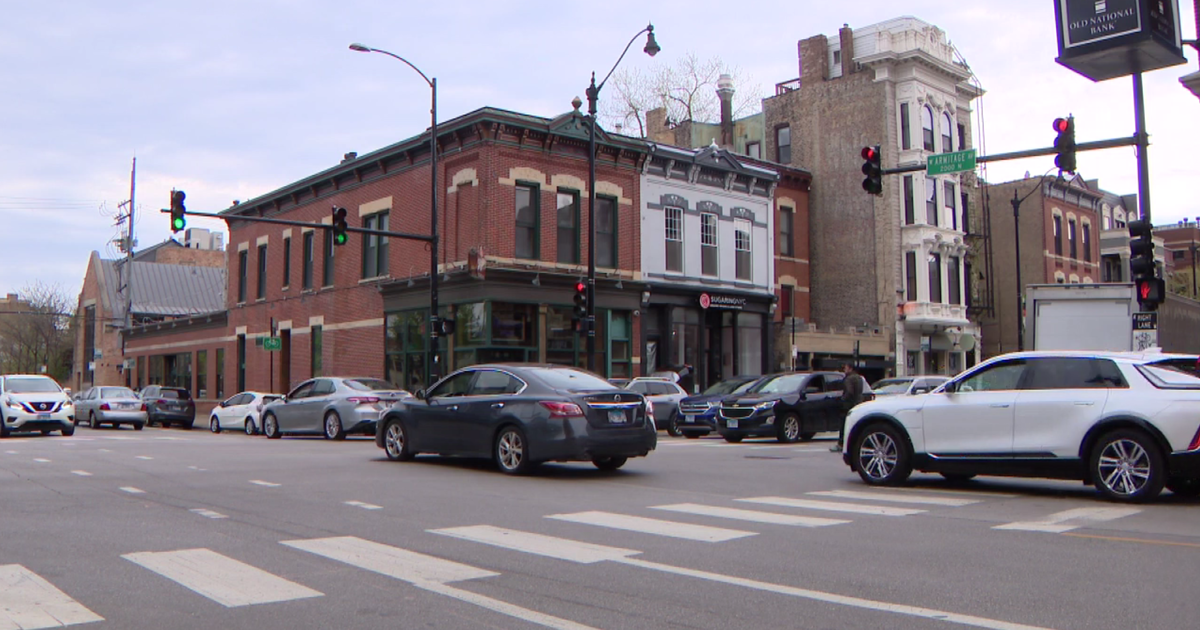Wisconsin, 3 Other States, Puerto Rico To Be Added Back To Chicago's Travel Quarantine Order; Kentucky And Louisana Removed
CHICAGO (CBS) -- You might want to rethink your plans to head to the Wisconsin Dells or to go apple picking in Door County this weekend, as Wisconsin is heading back onto the list of states covered by Chicago's 14-day quarantine order.
Wisconsin, Montana, Idaho, Minnesota, and Puerto Rico will be added to the list on Friday, after their average COVID-19 caseload rose to more than 15 new cases per 100,000 residents over a seven-day period.
The full list of states included in the order, effective Friday, includes: Alabama, Arkansas, Georgia, Idaho, Iowa, Kansas, Minnesota, Mississippi, Missouri, Montana, Nebraska, North Dakota, Oklahoma, Puerto Rico, South Carolina, South Dakota, Tennessee, Utah, and Wisconsin.
"You'll note that all of the states and territories that are added today are states that have previously been on the list had improved to the point where they were able to be removed, and then have had a resurgence of infection and are therefore put back on the list," Chicago Department of Public Health Commissioner Dr. Allison Arwady said.
Meantime, Kentucky and Louisiana have been removed from the list after their average number of cases fell below 15 new cases per 100,000 for more than a week.
Wisconsin was first put on the list in late July, but was removed in mid-August, after getting its virus rate back under the threshold for Chicago's emergency travel order.
Arwady said cases in Wisconsin have been skyrocketing recently, with the average number of daily cases up more than 130% in the past two weeks, and the average seven-day positivity rate now at more than 15%. Wisconsin also is averaging 31 new cases per 100,000 population over a seven-day period, more than double the threshold for Chicago's emergency travel order.
"Unfortunately, Wisconsin is currently in very poor control when it comes to COVID," Arwady said.
Chicago's quarantine mandate requires anyone who is arriving in the city from states considered to be COVID-19 hot spots to self-isolate for a minimum of 14 days when they arrive in the city, including visitors to Chicago, and residents who are returning from travel to one of the states. The list of states included in the order is updated weekly to include states with more than 15 new COVID-19 cases per 100,000 resident population, per day, over a 7-day rolling average.
Essential workers are exempt from the quarantine mandate if they must travel for work, but should only leave home for work, and avoid public spaces as much as possible.
Exceptions also apply for those leaving home for medical treatment, or parental shared custody reasons; and for people for whom self-quarantine "is not possible, practicable or advisable."
While people who violate the quarantine order can face fines of $100-$500 per day, up to $7,000, enforcement is almost entirely on the honor system. Arwady said officials have been focusing on encouraging people to change their travel patterns, and to delay trips unless they're absolutely necessary.
While the city has issued warning letters to people they know have violated the quarantine order, officials have not issued any fines.
Meantime, Arwady also encouraged Chicago residents to get a flu shot to help avoid hospitals from being overwhelmed with a combination of flu patients and COVID patients.
"Everything that we can do to keep our flu outbreak this winter smaller helps preserve that space for any surge we may see in COVID," she said.
The Chicago Department of Public Health plans to distribute nearly 325,000 free flu shots this flu season, mostly through clinics. Most pharmacies also offer free flu shots for people covered by most health insurance plans.
Arwady said people also should remember to continue wearing masks in public, to stay at least six feet away from others whenever they can, and to frequently wash their hands to help slow the spread of COVID-19.
"These are the ways we take care of each other, and as we head into cooler weather, we want to be able to have gatherings inside that can be as safe as possible. Doing the things that we know work are how we're able to do that. So keep doing those things that we've been reminding you to do," she said.
